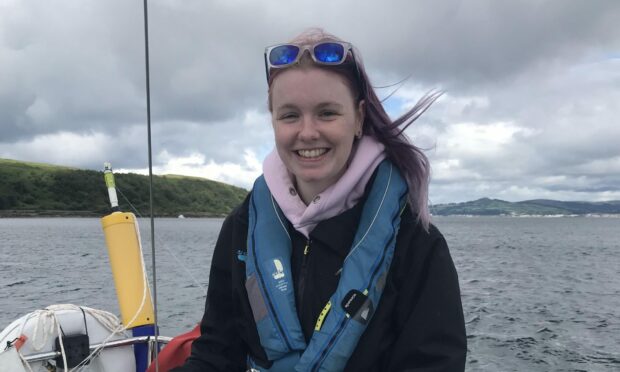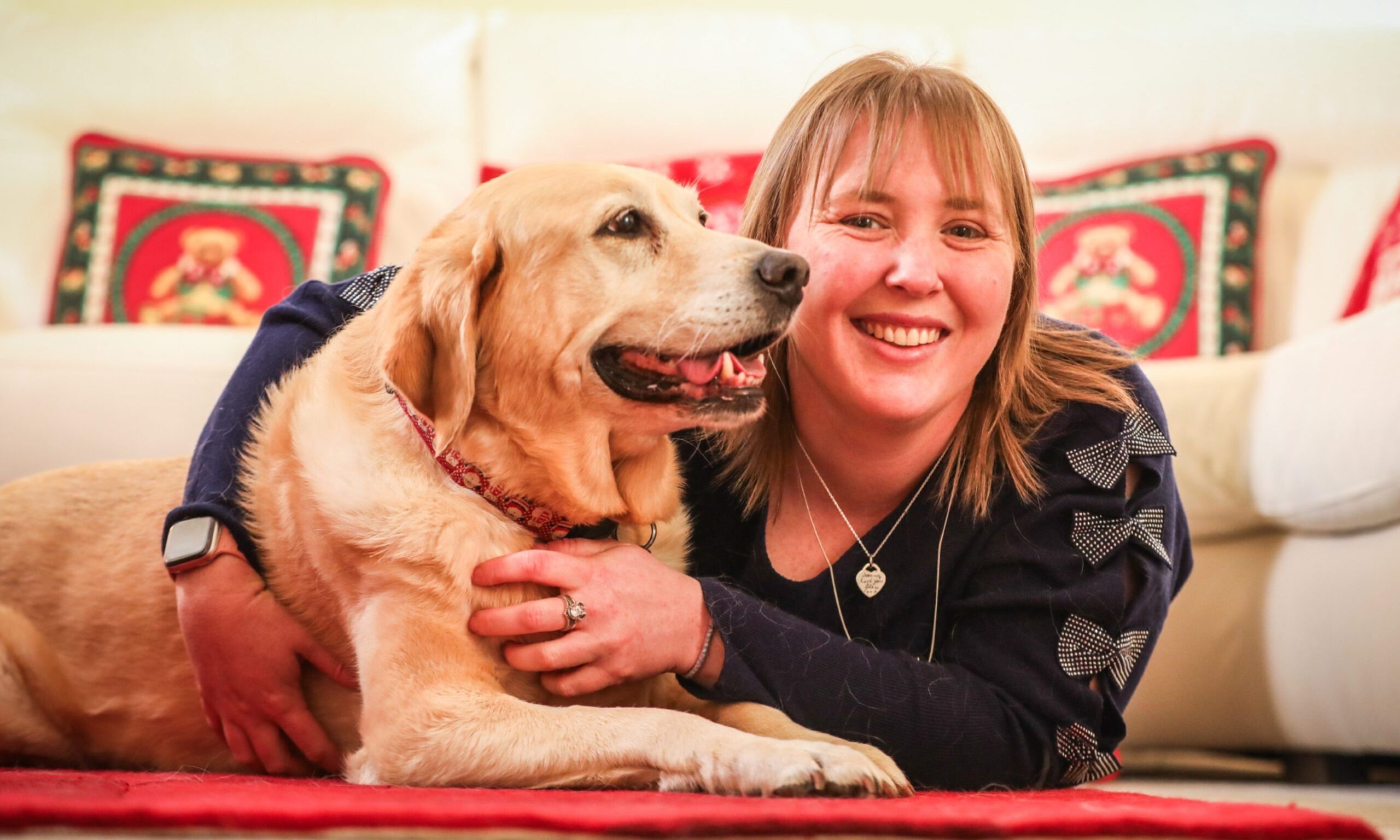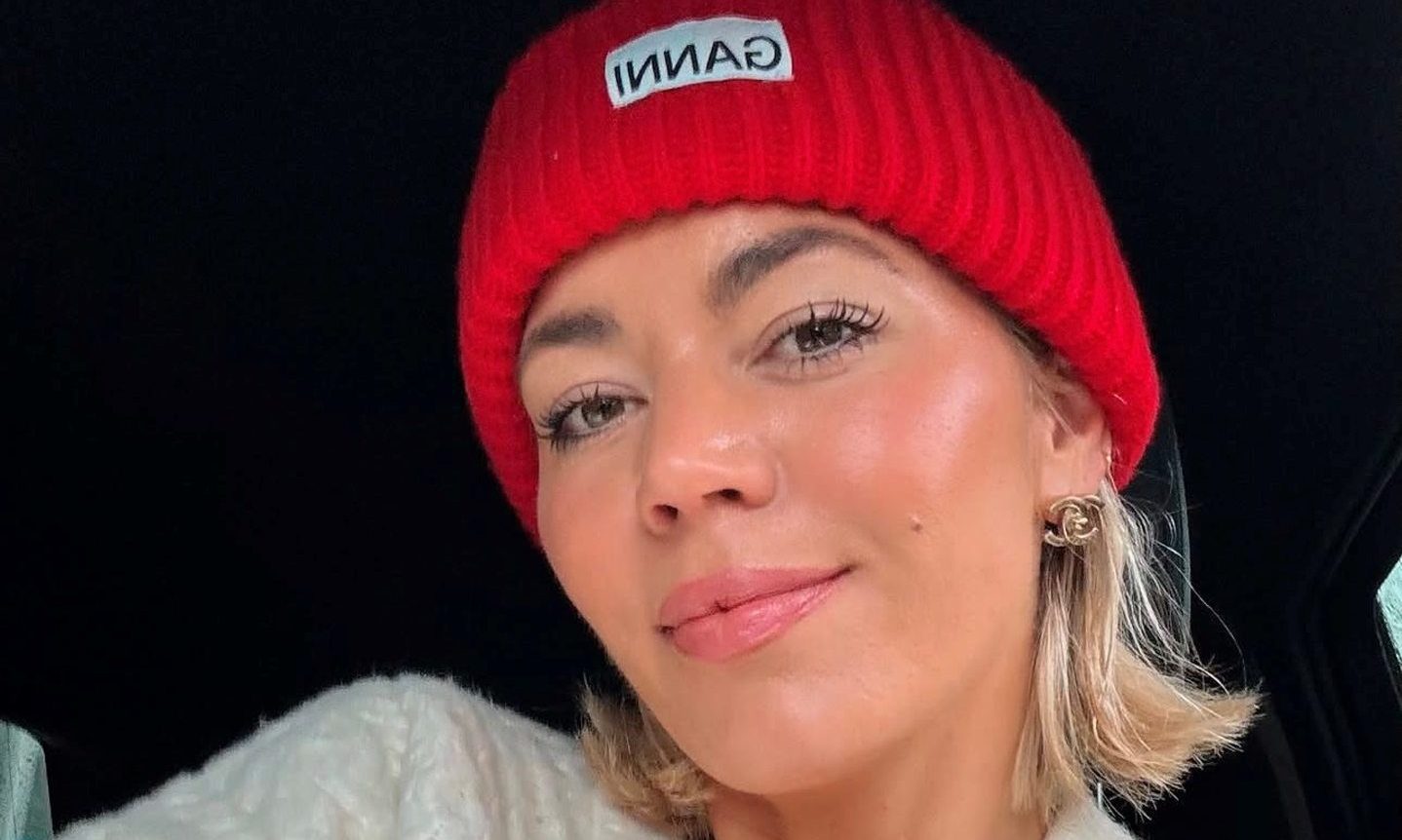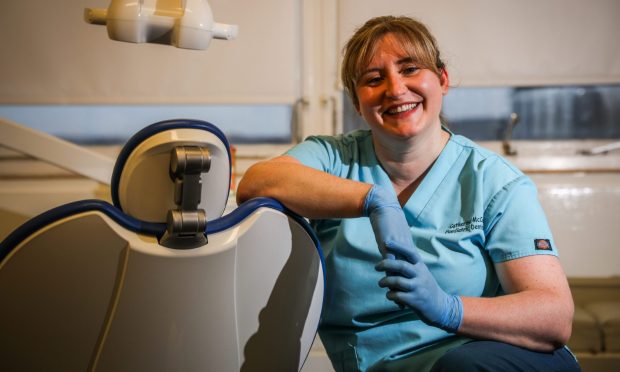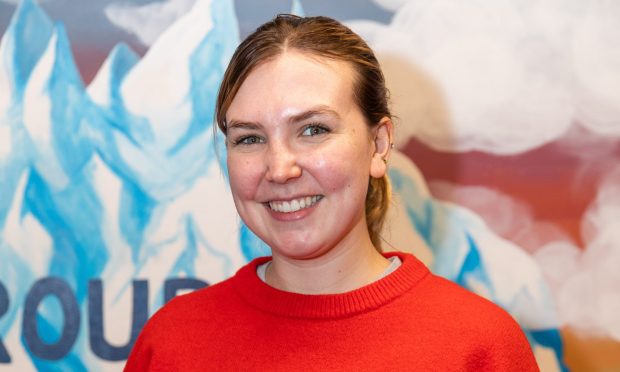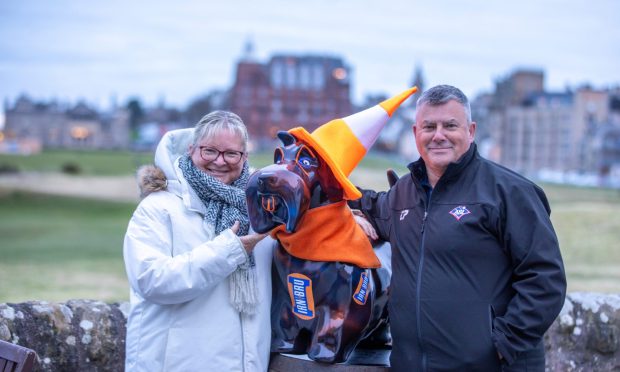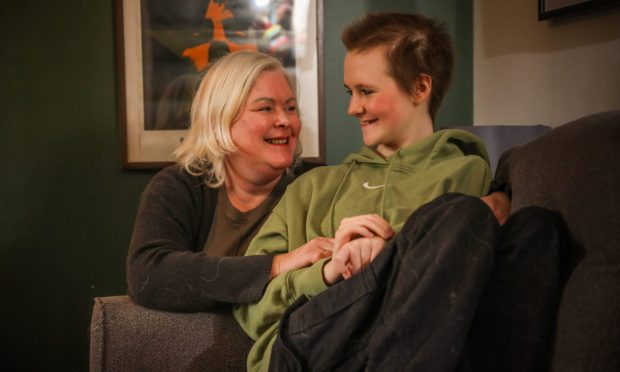What’s the worst part of having cancer at high school?
Ask Tasha Gardiner from Perth, who was diagnosed with Hodgkin lymphoma at the age of just 15, and she’ll tell you.
It wasn’t the gruelling chemotherapy and subsequent brain fog and hair loss.
Nor was it having her meticulous exam preparations thrown out the window, to the extent that she failed many of them.
All of those were frustrating. Scary, even.
But they weren’t as bad as the loneliness. That was the worst part.
“Cancer can be a really lonely time for anyone of any age,” says Tasha, now 19. “But when you’re a teenager, it’s such a niche. There are not many teenagers out there who go through that.”
A collapse at home and an unreal discovery
Tasha got her first taste of being alone shortly after her diagnosis.
The cancer had already taken a toll on her health and the schoolgirl had dropped to an alarming 40kg. One day she collapsed at home and was taken to hospital for tests.
Tired and weak, and with important exams on the horizon, Tasha couldn’t fathom the enormity of what the doctors found.
“Honestly, I was just like, I need to go back to school and revise,” she says. “I had exams ingrained in me, that they were so important. I was like, oh, whatever, they’ll probably give me a tablet or something, and it’ll sort me out. And obviously, that did not happen.”
Instead, she was taken out of school and put into a children’s hospital, where people her own age were in short supply.
When she did meet some through the Teenage Cancer Trust, a charity support group, conversation was difficult.
“You don’t want to just go up and be like, hey, what kind of cancer do you have? That’s a bit weird.”
A welcome to the world of wigs
The good news was she responded well to the chemo. She did lose her hair, and was introduced to the strange and – for a teenager – embarrassing world of wigs.
“But I just wanted to get back to school,” she continues. “I just wanted to get in class because I had been doing work remotely, but it just, I was like, I don’t understand it. And I feel like I’m falling behind.”
When she returned to school she soon noticed a new attitude towards her.
She’d already missed a few months of classes. Her old friends had moved on, some making new connections. Others gave her a wide berth.
Already feeling vulnerable because of her wig – “I felt like I was a bit of an alien,” she admits – and steroid treatment made her put on weight, the abandonment hit hard.
“I try not to think about it now, because I’m like, you know what? It happened.
“And I’m not friends with those people anymore, because it really did hurt me.
“But part of me does really want to go, why did you just disappear? I was 15. And cancer is a really big word.”
‘They just thought I was a bit weird’
The abandonment wasn’t over. There were no shouting matches across the school canteen. Instead, Tasha suddenly found herself excluded from things. Even when lockdown happened, she wasn’t invited to group Zoom calls.
“They just thought I was a bit weird,” she says. “But nobody had ever spoken to me. Nobody had ever got to know me. And they never tried to. It wasn’t like, oh, you’re a loser. It was like mind games. And I just felt like I was completely alone. But then I guess I was a lot of the time.”
Two things got Tasha through this period – her parents (“Luckily, I have the support of my very loving family”) and a new friend; one that didn’t shun her, largely because Tasha wouldn’t let her.
“I think I approached her and was like, hi, come to class with me,” she recalls with a laugh. “She is still one of my best friends to this day.”
A lesson learned during lockdown
When Covid hit, Tasha entered a new level of isolation. As a high-risk person, she was corralled into a room in her house with limited contact even with her parents.
“It was really lonely,” she says. “I think that was the loneliest time in my life.”
She had time to think, though. And she discovered something interesting.
Her experience over the past year – the cancer, the chemo and the treatment from her friends – had instilled in her a new-found confidence. She still fretted about a few things, but she cared less about what other people thought.
Tasha ended up failing some of her Highers, but she decided not to resit them even though her school gave her the option. She passed maths and English, which allowed her to do social work at Aberdeen University.
The move to Aberdeen gave her a much-needed clean break from the past.
“I just was able to finally be myself, and be loud and annoying,” she says. “God knows what my friends would say about me now.”
She also discovered an appetite for new things. This summer she took a berth on a boat that was sailing around the west coast of Scotland.
The boat, chartered by the Ellen MacArthur Cancer Trust, carried 19 other young cancer survivors on a four-day adventure from Largs to the Isle of Bute and back again.
Thrown together as strangers, and tasked with piloting the vessel through the Atlantic, the crew quickly bonded. The hotly contested games of Uno also helped.
“I don’t think I ever won,” says Tasha, “but they were very heated games of Uno.”
What Tasha discovered in her crewmates
Tasha says she laughed for the whole four days on board.
And amid the fun, she discovered she as far from alone in coping with the trauma and shock of cancer. On board were 19 other people that knew in some small way exactly what she had been through.
As she nears the five-year anniversary of being declared free of Hodgkin lymphoma, she has been able to find comfort in sharing.
“There’s just this underlying understanding of each other,” she explains. “It’s like, we don’t have to talk about it if we don’t want to.
“But then, at the same time, they’re the only people who get it.”
